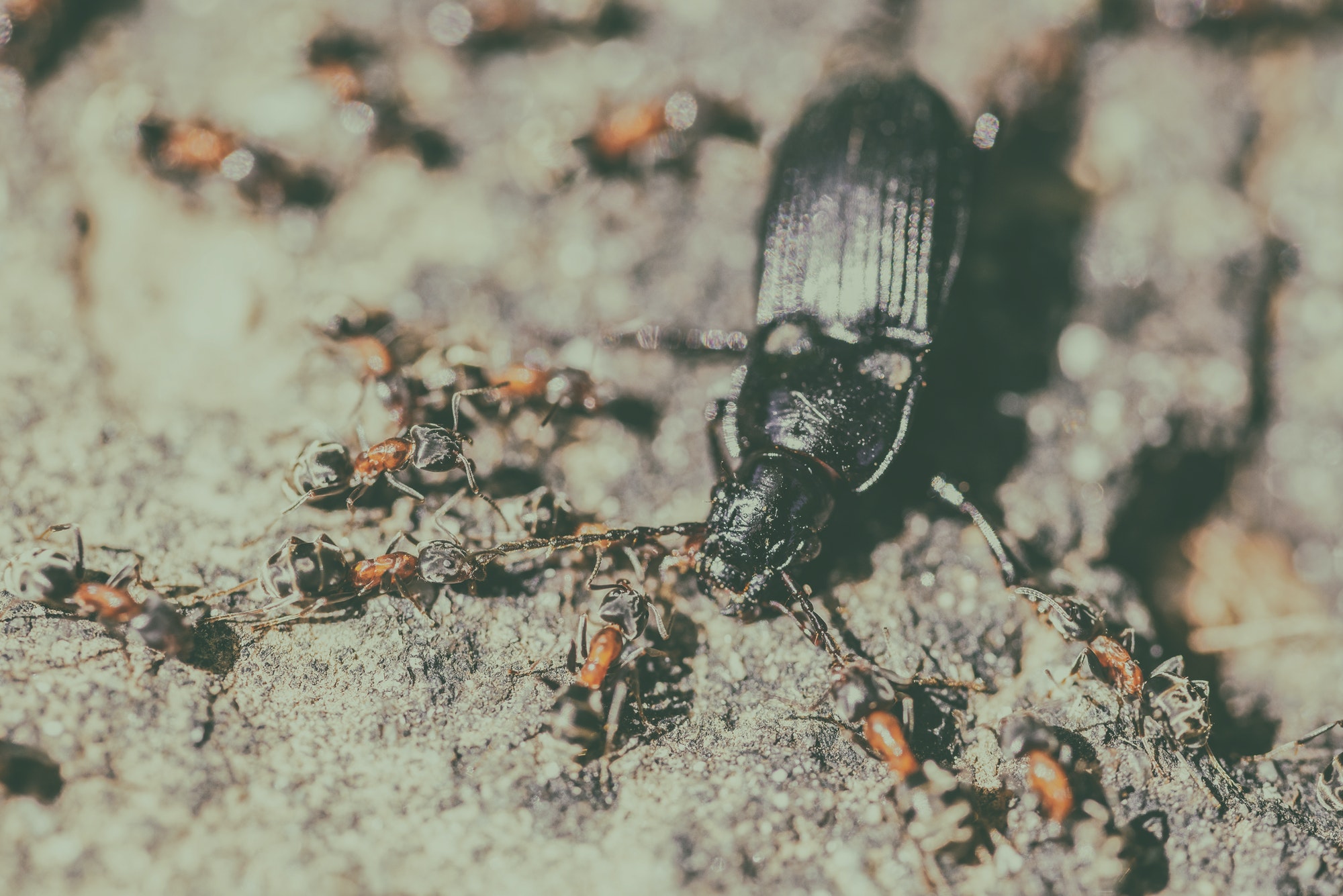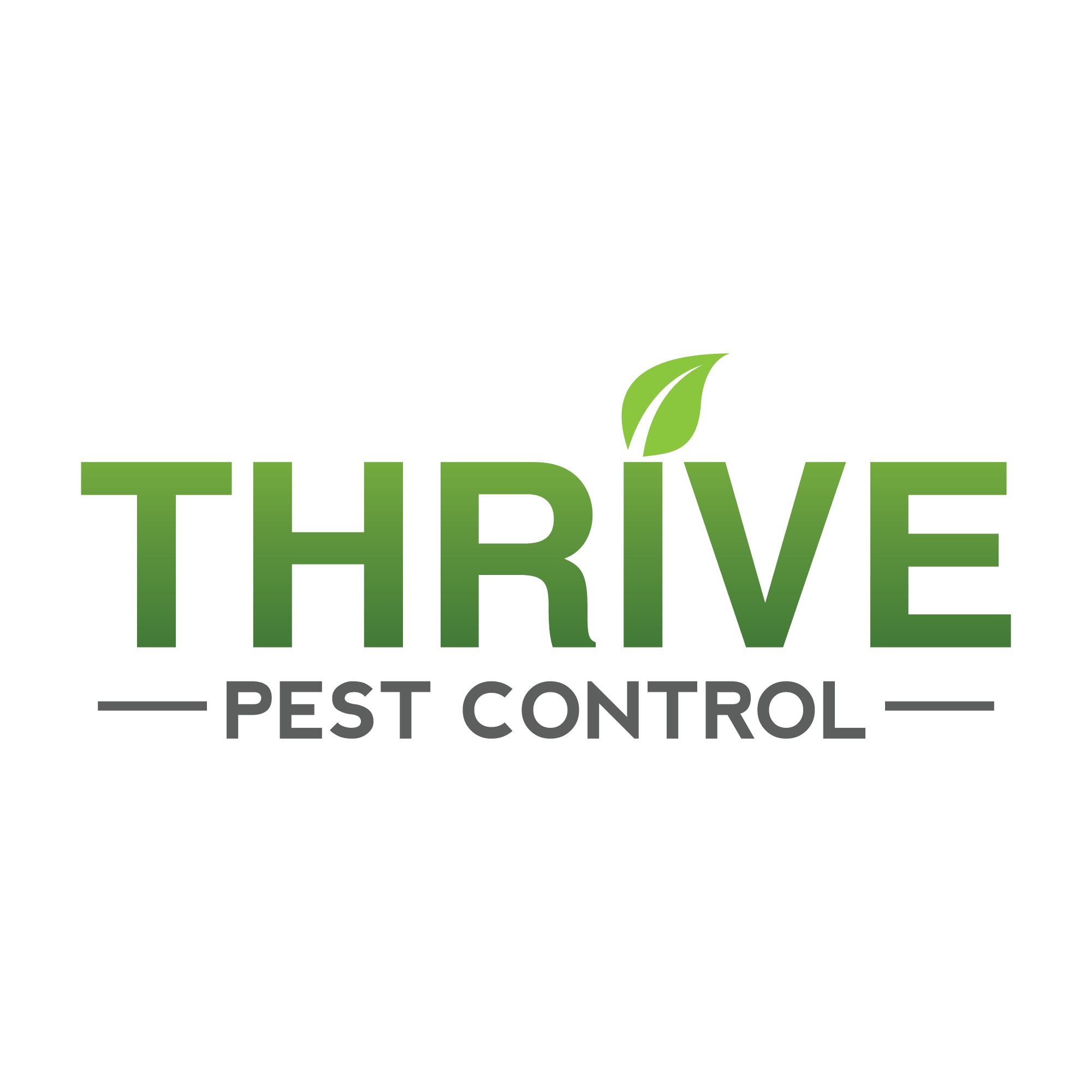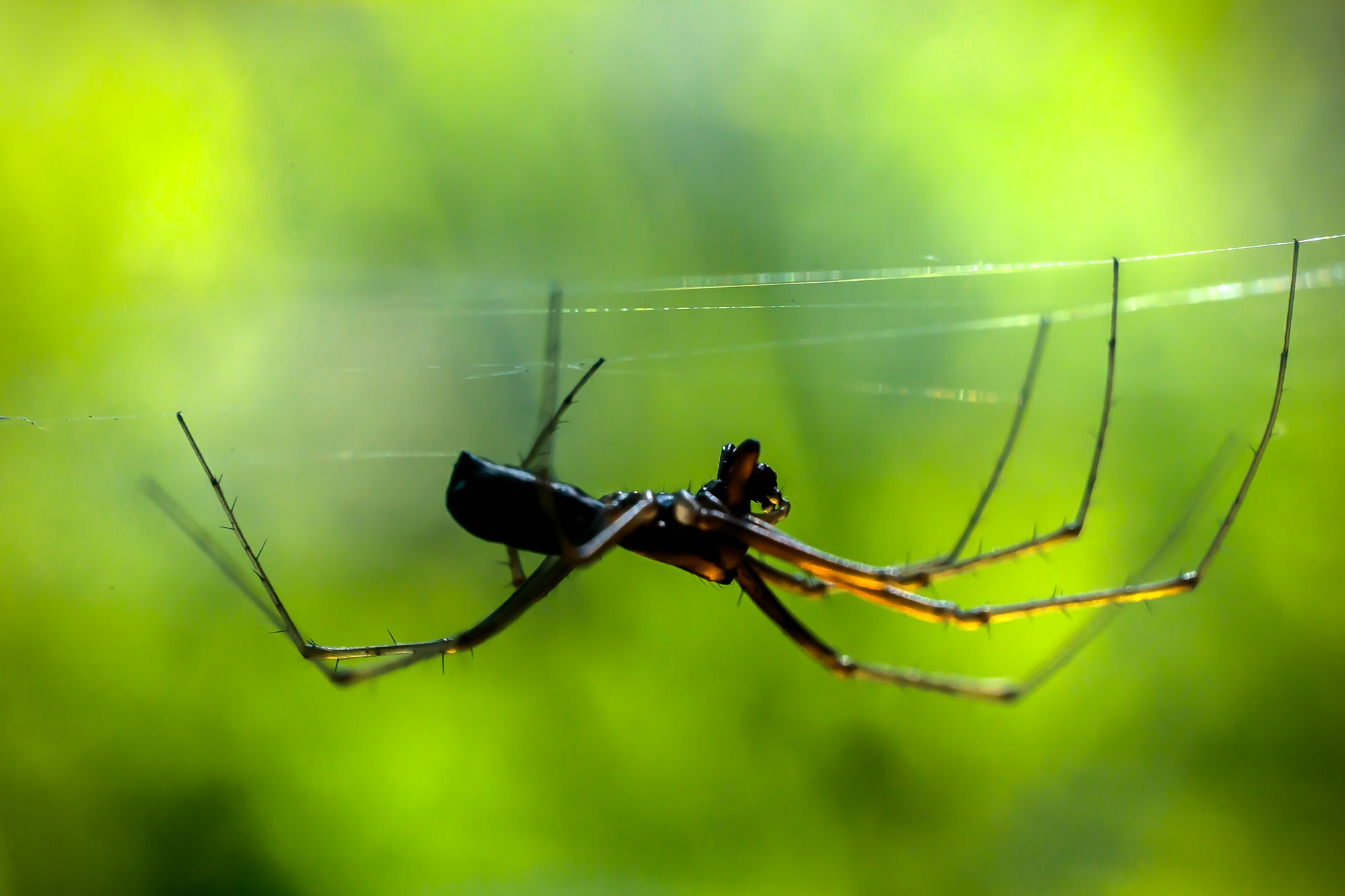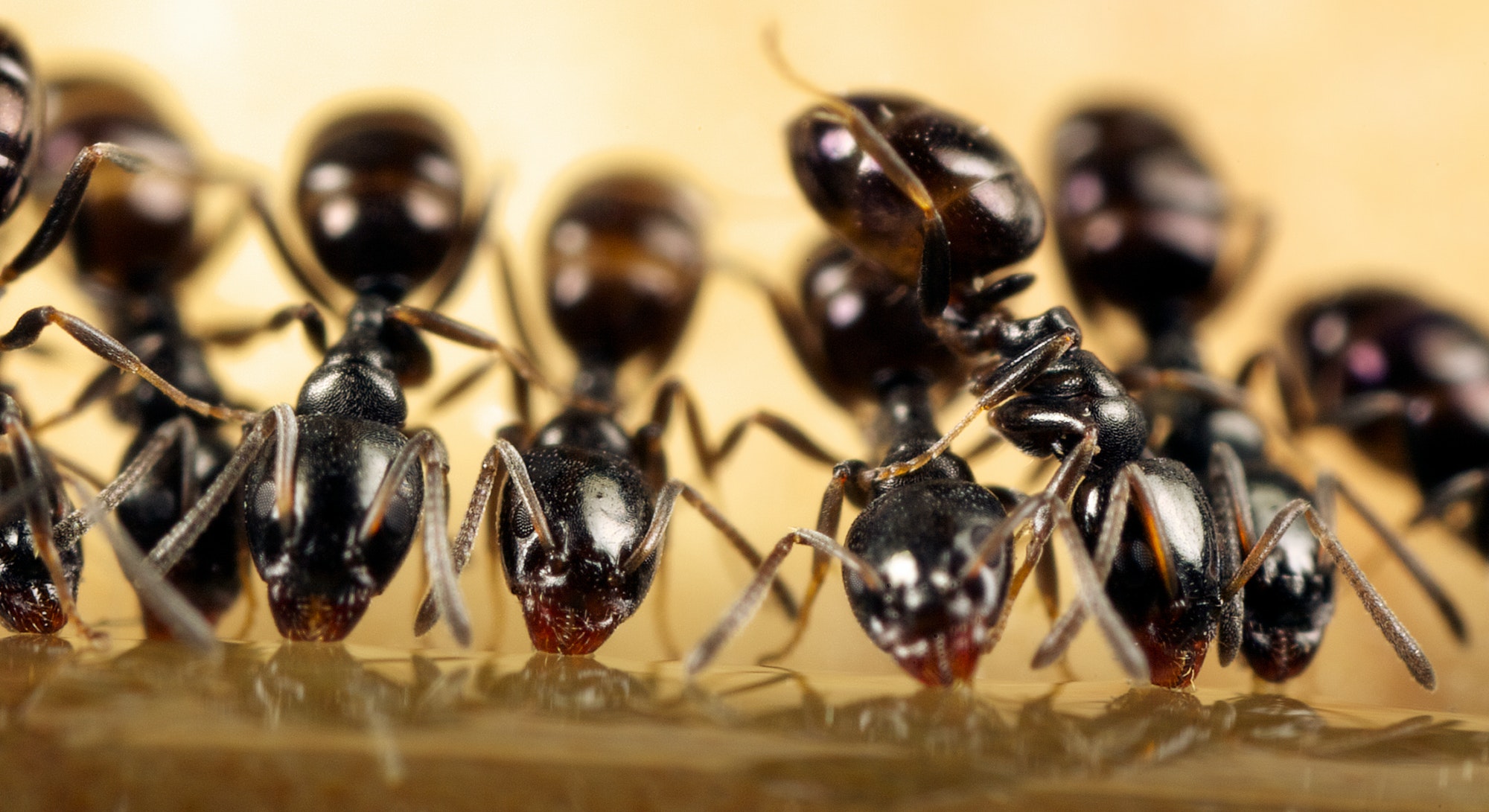Are Ants Omnivores?
Ants are fascinating and complex creatures. One of the biggest questions is what kind of diet they consume to keep them going throughout their active seasons. Ants can be observed picking upon any sorts of food that may fall on the ground, but that is in their scavenger nature to find any food for their colony.
Ants are indeed omnivores who eat seeds, nectar, and other insects. That is because they’re scavengers and will take apart any sort of protein and nutrients needed for themselves, their queen and their colony.
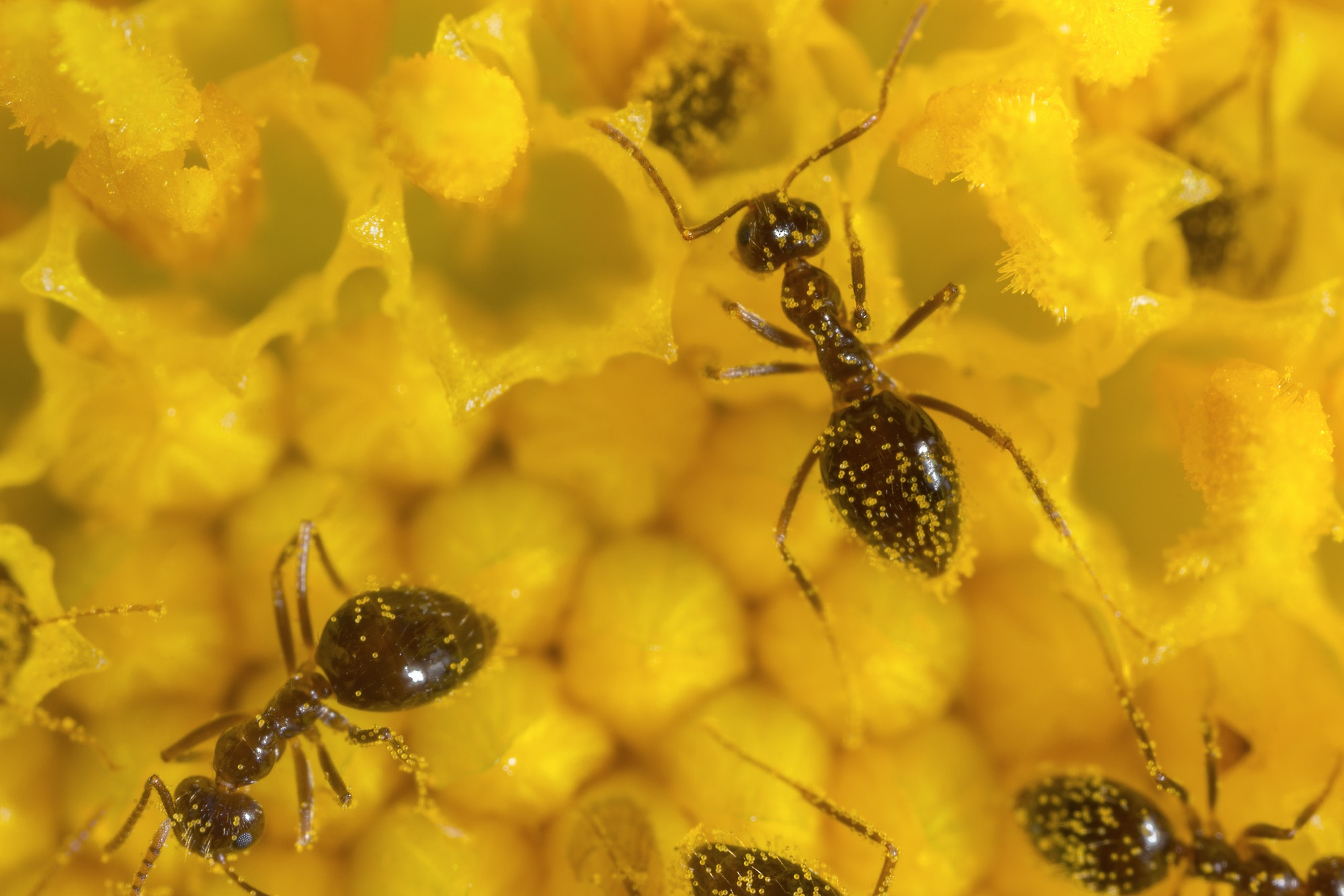
They are similar to humans with their diverse diets and due to their social nature will need help taking apart and carrying any large finds of food back to their ant hill and colony. According to Terminix’s fact sheet on ants, “some of the most persistent and harmful of all ants, such as fire ants, are among the least specialized eaters.”
Some individual species among the over 12,000 varieties of ants throughout the world may have preferred food for their diets, but overall ants are omnivorous. Some are predatory and can eat other ants and can act as carrion eaters, some can eat fungus and plants. Even some ants will carry aphids and raise them almost like cattle to feed upon them.
Ants are quite organized and will make nests in areas with heavy food flow. Be it near humans that may drop food more often or within the wilderness with heavy vegetation and wildlife. Ants are quite similar to humans in that way to make their nests where it is more convenient for their survival. And like humans they are omnivorous, though humans themselves are not scavengers like them. Worker ants have two stomachs, one for personal use and one for the “community”.
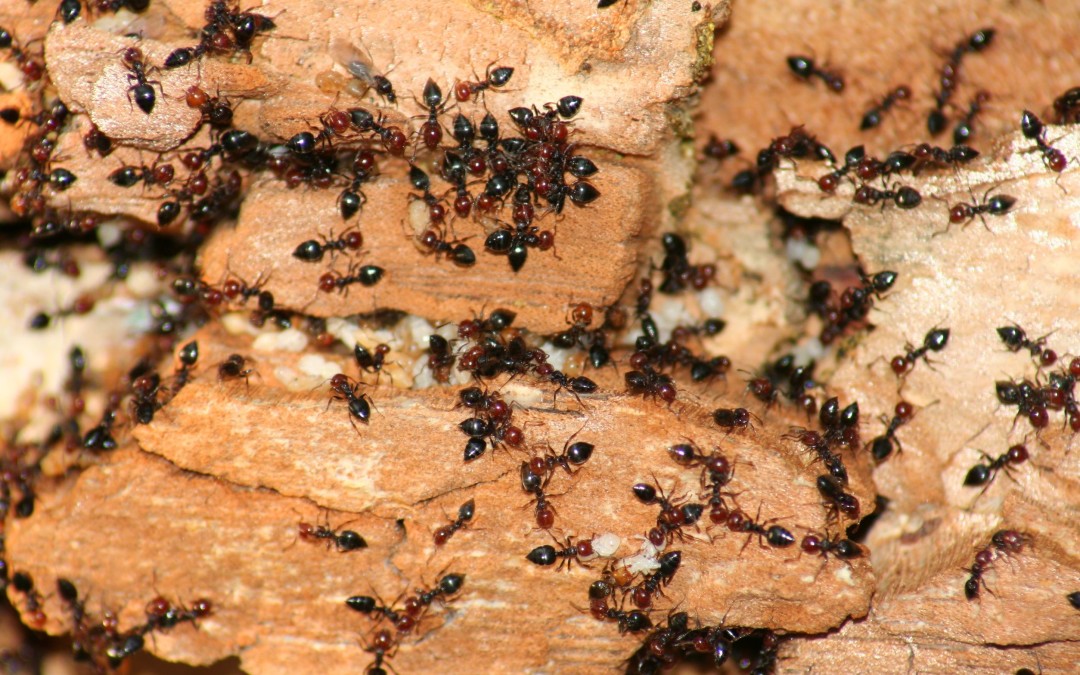
This “community” stomach stores food in liquid form to give to the queen. If there is a strain upon the colony from a lack of food, the queen ant may act upon cannibalism upon her subjects in order to sustain herself. This is not uncommon as ants may do cannibalism out of the need for survival. Ants also keep “crops” within their stomachs and use any extra liquid not given to the queen of the larvae that will become queens. This crop acts as the “individual” stomach.
When a queen starts a new colony, they will need their larvae extra eggs that only contain nutrients for them. The queen will also consume these nutrient rich eggs to sustain herself until her larvae can become worker ants. Ants also eat other insect eggs for their nutrients and protein. Making them not too different from other omnivorous creatures and the ones they are akin to the most, other scavenger species.
Ants being omnivores makes them persistent pests that can adapt to any environment as long as their diets remain nutritious and plentiful. It was why ants can often be seen in highly human-populated areas and densely vegetation and animal-populated areas where they can feed. There were many species of ants, some with particulate palates ranging from sweet saps and fruits to unspecified diets of whatever they can scavenge. It makes ants the most hardiest and plentiful of the insect species.
Author: Sydney Bluestein
Arizona State University
Works Cited
- What do ants eat?: Terminix. Terminix.com. (n.d.).https://www.terminix.com/blog/bug-facts/what-do-ants-eat/.
